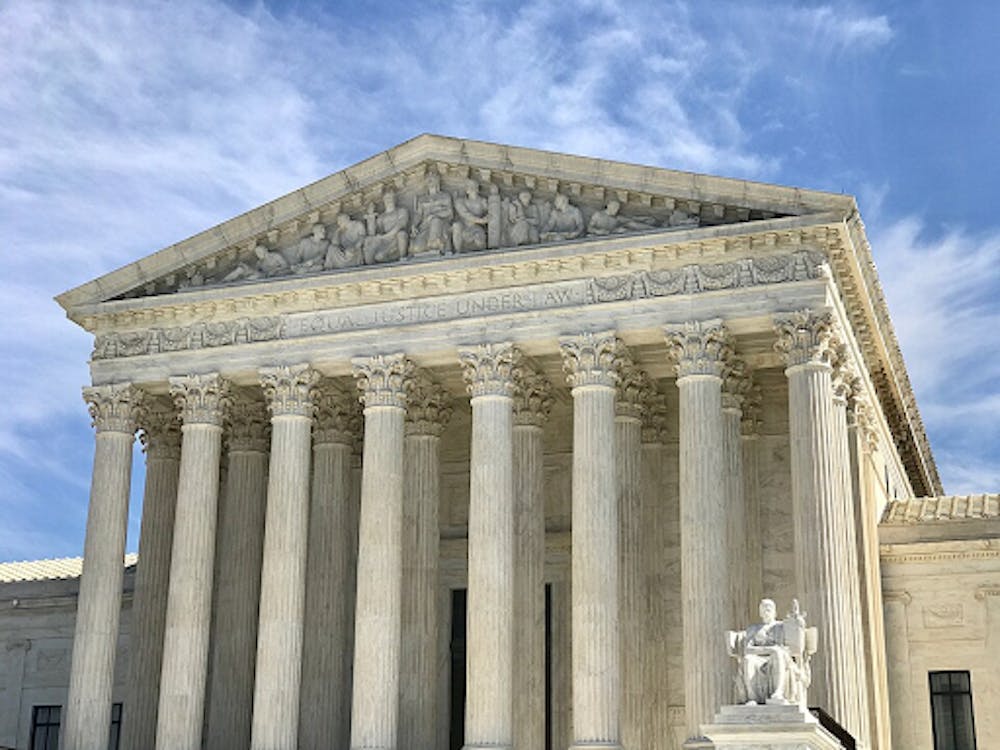By Isabel Conforme Coello
Correspondent
A widespread debate regarding free speech and LGBTQ+ rights was reopened by a Supreme Court hearing on Oct. 7, when Kaley Chiles, a Christian professional counselor, challenged Colorado’s ban on conversion therapy for minors.
In the 90-minute argument, the justices discussed whether the so-called conversion therapy covered by the Minor Conversion Therapy Law causes harm to minors.
MCTL was added by the Colorado legislature in 2019 to the Mental Health Practice Act, prohibiting the provision of conversion therapy to minor clients. The violation of the statute could result in disciplinary actions, which could include the revocation or suspension of the practitioner’s license and a fine of $5,000 per violation.
The case began in September 2022, when Chiles filed a pre-enforcement lawsuit challenging the state’s ban on conversion therapy for minors. After losing in both district and appellate courts, the Colorado counselor petitioned the U.S. Supreme Court in November 2024 to review the decision.
During the hearing, several conservative justices appeared sympathetic to Chiles’s argument that the law restricts free speech by limiting what licensed professionals can say to clients.
James Campbell, Chiles’s lawyer, said she doesn’t “seek to cure” clients of same-sex attraction or to “change” anyone’s sexual orientation.
According to Campbell, Chiles’s counseling sessions do not involve physical restraints or any form of coercion, and she simply wants the freedom to discuss a range of views on sexuality and gender identity with her clients.
Representing the state, Colorado Solicitor General Shannon Stevenson defended the law by highlighting the high rates of suicide among minors who question their sexual orientation or gender identity.
Stevenson explained that under Colorado’s conversion therapy ban, a therapist cannot promise to “cure” or “transform” a gay teenager into a straight one. However, she noted that the law still allows minors to discuss doubts or confusion about their identity within therapy.
The debate over conversion therapy arrived at the Supreme Court only months after the conservative majority upheld a Tennessee law prohibiting certain medical treatments for transgender youth that the state deemed unsafe.
Later this term, the Court also allowed bans preventing transgender athletes from competing in girls’ and women’s sports to take effect. These decisions have deepened concerns among LGBTQ+ advocates about the direction of the Court’s rulings on gender-related issues.
Chiles started her profession in mental health services, working with individuals who had experienced trauma, then expanded her field, assisting clients facing addiction and personality disorders.
The Alliance Defending Freedom, a conservative Christian legal advocacy group, describes Chiles as “a committed Christian who seeks to live out her faith in every aspect of her life, including her work.”
The organization argues that Colorado’s therapy ban pushes minors “towards experimental drugs and surgeries” and prevents counselors from offering different perspectives. “That is not counseling — it’s coercion,” the ADF states.







